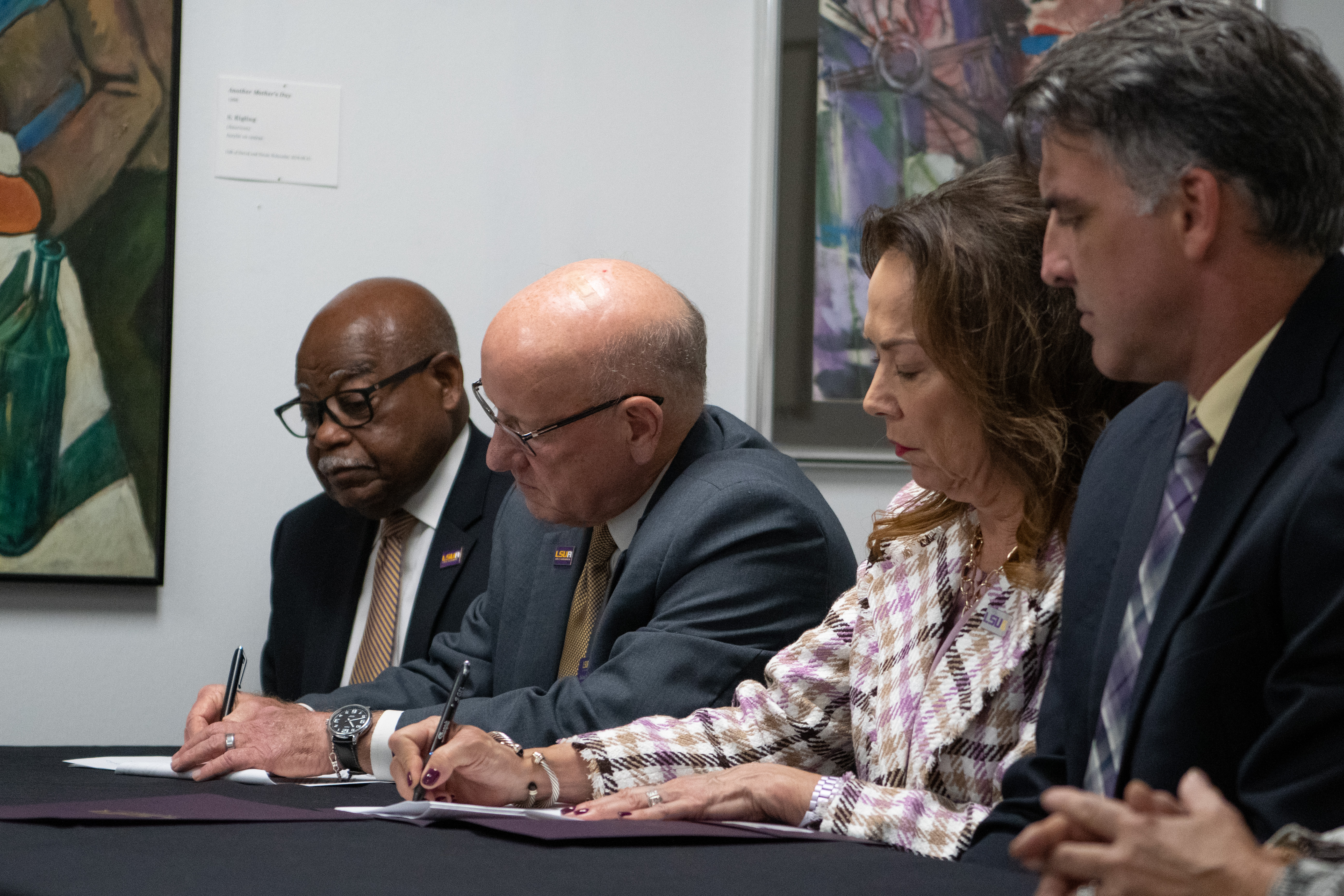Frequently Asked Questions
Many questions are answered in more detail in the Research Guides section of the website.
Look at the course guides in Research Guides and Tutorials. There are three types of sources that most professors allow: reference books, "circulating" books, and journal articles. ("Circulating" means they may be checked out.) Reference books are a great place to get started, since they will give you background information: where is your author from, what else have they written, what style is your story or poem written in, and much more. Books tend to be longer and more in depth about the author's life or works. Journal articles tend to be focused on specific characters, themes, or other aspect of one story or poem. Start with reference books and books, and then look for journal articles.
There's a lot in the library, both in print and online. If you're just getting started, why not try a reference book? Reference books are designed to help you get the background information you need. Most also have bibliographies which may be used to find books and journal articles. If you know very little about your topic, use a general encyclopedia or one specific to the subject. The librarian can help you find one.
If you want to start online, check out "Credo Reference" on the Electronic Reference Book Page page. This collection of over 580 reference books is sure to have something on almost any topic, and can give you ideas for other words or phrases to use to help you find even more information.
Journals are a type of magazine that are written and edited by experts in that subject or field. They often, though not always, have the word "Journal" in their title, like JAMA, the Journal of the American Medical Association. Not all journals do this; Explicator is a journal that analyzes short stories and poems. Often your professor will require "peer-reviewed" academic or scholarly articles, whichare written and reviewed by experts in that field before being published.
To find journal articles, you will need to use tools called indexes and databases. Look at the "Databases and Indexes" page to find them, or use LeDoux Discovery and filter it for scholarly (peer-reviewed) articles.
Always check your assignment to see what is required. There is a subject guide in Research Guides and Tutorials.
You can find books in the library catalog. The best way to search for journal articles in nursing or allied health is to use "CINAHL Plus with Full Text" (click "EBSCO" in Databases and Indexes to find it). For websites, your professor may give you a list of suggestions; there are good choices on the Federal Materials page.
Also check out the Searching Basics page for step-by-step guides to many library tools and the Purdue OWL for help with APA style.
If you are using a computer off campus, or your own device anywhere, you will need to log in in order to have access to articles or e-books. Students, faculty and staff use their LSUE Bengal account credentials.
Most PowerPoint slideshows are set up to print one slide per page. This can be changed to save paper.
- Tell the file to print. Click on "File" and then "Print." You may have to download the file first.
- The second box under "Settings" defaults to "Full Page Slides" which is 1 per page.
- Click on that box and a drop-down menu will appear.
- You can choose:
- Slides, Notes, or Outlines.
- (Leave this on slides unless you know you want another type.)
- Slides Per Page: 1, 2, 3, 4, 6, or 9.
- Three (3) is very popular because it will give you 3 slides on the left-hand side with lines to the right to take notes.
- Then click to print, and type in a name in the little gray box to send your file to the printer.
Double-check the name of the source, the search screen, and your typing.
Databases and indexes are commercial bundles whose contents are often changed by the publisher.
Like a chapter in a book, an article is only part of one issue of a journal or magazine. For example, the magazine Newsweek may include an article which is entitled "School Lunch Reform." In that example, "School Lunch Reform" is the title of the article and Newsweek is the title of the magazine. Note that article titles are put in quotation marks, while the title of the journal (like that of a book) is in italics.
EBSCO is not a database; it is a company that sells databases. MLA International Bibliography is an index, not a database; it finds the information, but then gives you a link to read the full text (if we have access). Although the results page may list MLA International Bibliography as the database, use the database listed in the detailed record, because that is where the full text of the actual article is coming from. If there isn't one listed, ask a librarian.
The Library has two collections of electronic books, or e-books, that students, faculty and staff can use both on and off-campus.
Ebrary is the larger collection, at about 40,000 books and growing.
EBSCO's eBook Collection is about 4,000.
Electronic books may be found in the regular catalog, or you can search each database
directly to save time (use the "Electronic Reference Books" page).
Note: free book collections online tend to be older (Project Gutenburg, some Google Books), partial (other Google Books), or a mixture of free and for sale (Google Scholar). The LeDoux Library collections are quality material chosen specifically to accomplish the mission of LSUE.




